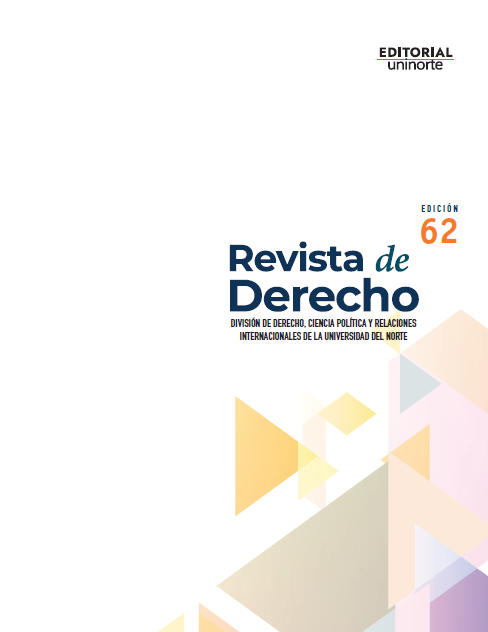The Legitimación de la protesta en Chile y Colombia: entre la represión política y la validez de la movilización
Legitimación de la protesta en Chile y Colombia: entre la represión política y la validez de la movilización
Keywords:
Legitimation, protest, repression, mobilization, human rights, Latin America, social movementsAbstract
The mobilization in Latin America during the last five years has created a new scenario in the region, regarding the lack of recognition of governments such as Chile, and Colombia, in terms of human rights and political participation. The significant social and political actors of mobilizations have been social movements, rural workers, the indigenous population, and civil society, rejecting the political decisions of leaders, resulting in the stigmatization of the protest and the systematic violation of human rights. This analytical paper addresses how institutional repression (with the permission of the media) distorts the social movement´s agenda into a violent repertoire, without considering the context. The critical analysis of case studies will have into account a qualitative analysis of variables repression - mobilization, a theoretical approach of social movements, protest studies, legislation on protest in case studies, Transnational dissemination of protest, and transnational networks, during the 2015-2021 period.
Keywords: Legitimation, protest, repression, mobilization, human rights, Latin America, social movements
References
Law 21208 of January 30, 2020, which modifies the penal code to classify actions that threaten the freedom of movement of people on public roads through violent and intimidating means and sets the penalties applicable to looting in the circumstances it indicates. Ministry of the interior and public security. Santiago, Chile. Biblioteca del Congreso Nacional de Chile https://www.leychile.cl/Navegar? idNorma=1141780
Decree 100 of 26th de march of 2020 which fixes the consolidated, coordinated and systematized text of the Political Constitution of Chile. Santiago, Chile. Biblioteca del Congreso Nacional de Chile https://www.leychile.cl/Navegar?idNorma=242302
(2012). Historia del movimiento obrero en Colombia. Asociación de instituciones de Antioquia. Information taken from http://adida.org.co/pdf/doc051012/filminas_chucho.pdf
deMeritt, J. H. R. (2016). The strategic use of state repression and political violence. University of North Texas, Department of Political Science. Retrieved from https://doi.org/10.1093/acrefore/9780190228637.013.32
(2017). Como actúa la CAM, uno de los grupos mapuches más radicalizados de chile. Infobae. Information taken from https://www.infobae.com/sociedad/2017/11/27/como-actua-la-cam-uno-de-losgrupos-mapuches-mas-radicalizados-de-chile/
(2019). Acuerdo de paz del Teatro Colon entre el gobierno de Colombia y las FARC-EP.
Acevedo, A. (2011). Revolución y cultura en América Latina: el movimiento estudiantil como objeto de estudio en la historiografía colombiana y continental. Revista Memorias Sociedad. Universidad Industrial de Santander. ISSN: 0122-5197.
Bertoni, E. (2010) ¿Es legítima la criminalización de la protesta social? Derecho Penal y libertad de expresión en América Latina. Libro de edición argentina. Universidad de Palermo. ISBN: 978-987-1716-13-5.
Downloads
Published
Issue
Section
License
Los artículos publicados en la Revista de Derecho y todo su contenido se encuentran bajo licencia Creative Commons CC BY. Creative Commons Attribution 3.0.








